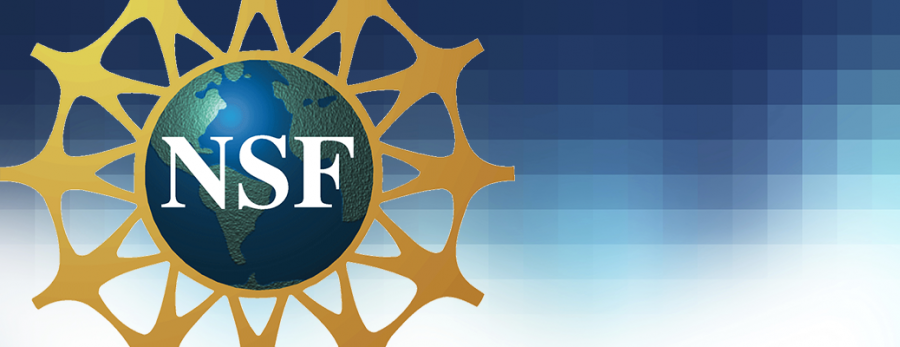EWU’s Dr. Jamie Manson receives prestigious grant
May 26, 2021
EWU’s Dr. Jamie Manson has been awarded a prestigious grant for his work in the field of chemistry. The grant comes from the National Science Foundation (NSF) and totals over $395,000 to be used for further study of the future of quantum computing applications. The purpose of this study is to improve methods of computing and processing data electronically.
This is Dr. Manson’s fourth consecutive renewal of his grant from the NSF to continue his research. The Grant is also designed to allow EWU students to work on the project alongside Dr. Manson.
“Over the coming year,” says Manson, “I plan to attract at least six students to work on the project.”
For a project of this scale, EWU’s facilities are not equipped for such an in-depth study. Therefore, it is planned that Dr. Manson and assisting students will be actively traveling over the coming months to different facilities to expand their research and perform experiments.
“Further experiments, depending on what we find from the X-ray studies, will require travel to user facilities such as the National High Magnetic Field Laboratory, NIST Center for Neutron Research and the Oak Ridge National Laboratory,” said Manson.
The primary unit of this study is called a skyrmion.
“Skyrmions are a new class of spin textures or topologies wherein the electrons can adopt particular alignments that can be easily switched using external stimuli such as magnetic or electric fields,” Manson said. “This switching behavior is ideal for applications such as computing, memory storage and other device technologies.”
According to The Independent, it took less than 33,000 bits of RAM memory to accomplish the Apollo 11 mission in 1969. Over time, technology has advanced greatly, and as people rely more on technology, the need for more efficient data processing and storage grows drastically. The Apollo 11 computer weighed 30 kg, but thanks to efforts made to reduce the required size and weight of computers since 1969, the same amount of information could now be stored in a much, much smaller device. Dr. Manson is trying to further this progress, and with the renewal of the NSF grant it is hopeful that he will.








